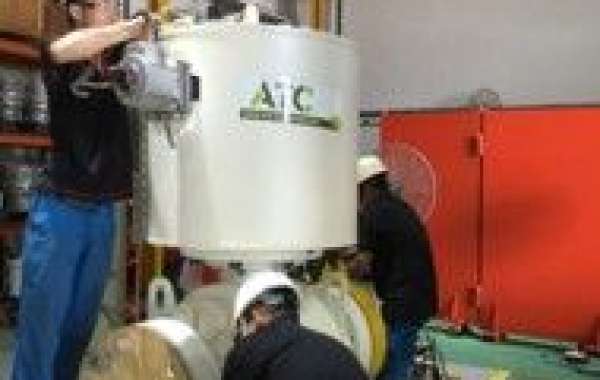In the intricate machinery of industrial processes, control valves play a pivotal role in regulating the flow of fluids, gases, and steam. These valves are crucial components in ensuring the efficiency, safety, and reliability of various operations across industries such as oil and gas, petrochemicals, pharmaceuticals, and power generation.
Understanding Control Valves
Control valves are designed to manipulate the flow rate, pressure, or direction of a fluid process stream. They can either allow or restrict the flow, depending on the system's requirements, thereby exerting precise control over the process variables. These variables may include temperature, level, viscosity, and composition.
Types of Control Valves
- Globe Valves: Commonly used for regulating flow in pipelines where a tight shut-off is required.
- Butterfly Valves: Ideal for applications requiring quick operation and low-pressure drop.
- Ball Valves: Suitable for on/off control with minimal pressure drop.
- Diaphragm Valves: Preferred for applications requiring sterile or hygienic conditions.
The Significance of Control Valves Testing
Control Valves Testingare subjected to demanding operating conditions, including high pressures, extreme temperatures, and corrosive environments. Over time, factors such as wear and tear, corrosion, and fouling can degrade their performance, leading to inefficiencies, safety risks, and costly downtime.
Benefits of Regular Testing
- Performance Optimization: Testing allows for the identification of valve performance issues, enabling adjustments or repairs to optimize efficiency.
- Reliability Enhancement: By detecting potential failures early, testing helps prevent unexpected shutdowns and prolongs the lifespan of control valves.
- Safety Assurance: Ensuring the proper functioning of control valves is paramount for maintaining a safe working environment and preventing hazardous incidents.
- Compliance Compliance: Regular testing helps organizations adhere to regulatory standards and industry best practices, avoiding penalties and legal liabilities.
Control Valves Testing Procedures
Functional Testing
Functional testing involves assessing the valve's ability to perform its intended function under various operating conditions. This includes verifying the valve's response to control signals, its ability to achieve the desired flow rates, and its reliability in maintaining setpoint values.
Leakage Testing
Leakage testing is critical for ensuring tight shut-off and preventing fluid or gas leakage, which can lead to environmental contamination, product loss, and safety hazards. Various methods, such as pressure testing, visual inspection, and leak detection instruments, are employed to assess valve integrity.
Performance Monitoring
Continuous monitoring of control valve performance is essential for early detection of deviations from expected behavior. This may involve the use of sensors, data logging systems, and predictive analytics to track key performance indicators and identify potential issues before they escalate.
Conclusion
Control valves are indispensable components in industrial processes, providing precise control over fluid flows and process variables. Regular testing of these valves is paramount for ensuring optimal performance, reliability, and safety. By implementing comprehensive testing procedures, organizations can minimize risks, enhance operational efficiency, and maintain compliance with regulatory requirements.




